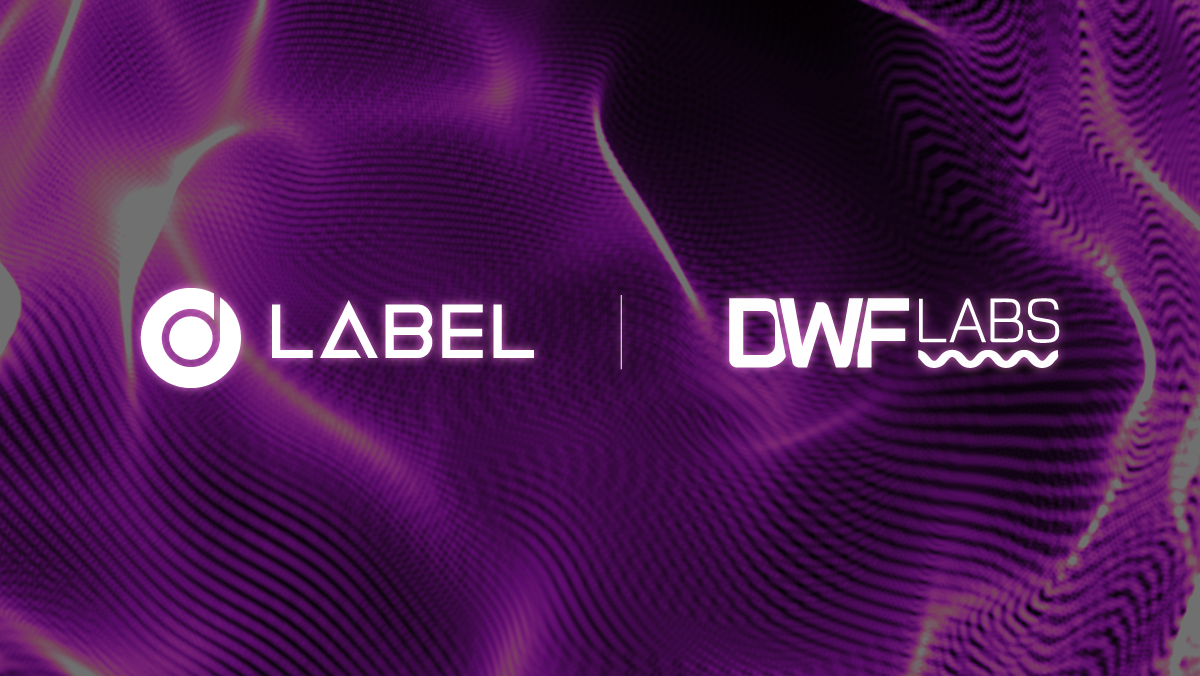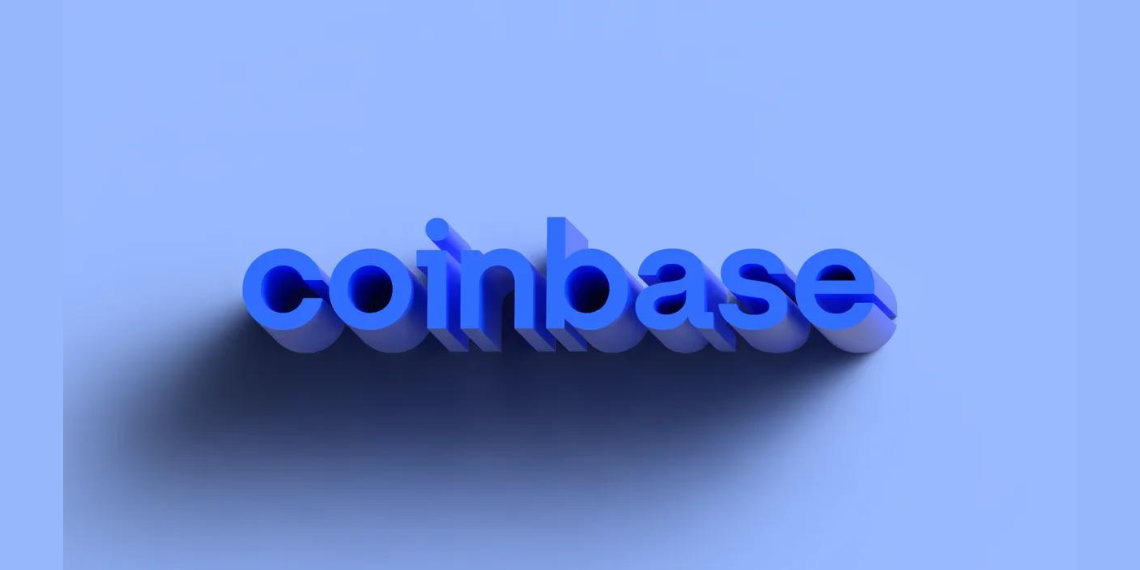- THE SCOOP
- Posts
- Is The Government Eyeing DeFi Next?
Is The Government Eyeing DeFi Next?

Welcome to another edition of The Scoop. The Scoop is that smart brain feeling you get when you see that real-world assets are finally becoming tokenized in the face of a massive recession and you figure out you were right the whole time.
The Big Scoop
This week’s edition of the Big Scoop is kind of sort of a good news, bad news scenario. We like to end on a positive note here at The Scoop, so we will go with the bad news first. The bad news is that the United States Treasury just released a 42-page paper investigating the world of DeFi.
The report essentially calls out the fact that most DeFi protocols exist because they want to get around anti-money laundering and that most DeFi activity relates to crime. Sound familiar? Governments were saying that about Bitcoin 10 years ago.
What’s the good news?
There’s a new term floating around the crypto world and it has to do with the acronym RWA. RWA stands for real world assets. Those RWAs are going to be tokenized and put on the blockchain. Namely gold. Gold-backed stablecoins now have a $1 billion market cap that is backed by real gold sitting in vaults. Interesting huh?
Just goes to show you can’t kill crypto, Web3, or blockchain in a recession. It is never dying. It is only ever evolving.
In other fun news, former President Donald Trump is facing a slew of felony charges related to campaign financing violations. He appeared in a New York courtroom last week, and naturally his NFT project spiked 460% because of the hype.
The Bitcoin Bet: Day 26
Balaji Srinivasan believes that an impending crisis will lead to the deflation of the U.S. dollar, causing hyperinflation, and as a result, Bitcoin's price will rise to $1 million.
In March 2023, a Twitter user named James Medlock offered a bold wager of $1 million, betting that the United States would not enter a state of hyperinflation. Balaji Srinivasan, the former Chief Technology Officer of Coinbase, responded by accepting the bet, proposing a deal with roughly 40:1 odds. Balaji offered to send $1 million USD to James Medlock if he buys 1 Bitcoin (BTC), which was valued at around $26,000 at the time. The bet had a 90-day term, and Balaji suggested the use of a smart contract or a mutually agreed-upon custodian to settle the bet in the event of digital dollar devaluation.

Good News is that it jumped 7% + in the past 5 days

With that being said… Let’s get to the news.
The News

Tokenizing Real-world Assets Could Be Worth $16 Trillion By 2030
Here's some cool news about the future of tokenized assets. The Boston Consulting Group (BCG) predicts that the total value of these assets, including things like real estate and natural resources, could reach a whopping $16.1 trillion by 2030.
Why should you care? Well, a lot of the world's wealth is currently tied up in hard-to-trade assets, such as pre-IPO stocks, private debt, art, and even exotic beverages. Access to these assets can be limited for regular folks, because of high costs, expert knowledge requirements, or simply being part of an exclusive club.
But on-chain asset tokenization might just change all that. This market has already grown quite a bit, from $2.3 billion in 2021 to an expected $5.6 billion by 2026. Global digital asset trading has also jumped from 30 billion euros in 2020 to 150 billion euros in 2022. Yet, that's still tiny compared to the potential of tokenizable assets.
BCG thinks that by 2030, the tokenization opportunity could reach $16.1 trillion, with insurance policies, pensions, home equity, and even car fleets making up a large chunk of this value. And this is a conservative estimate; the best-case scenario could see the value reach an incredible $68 trillion!
Of course, the potential for tokenized assets will vary by country, depending on regulations and asset class sizes. Singapore's Monetary Authority, for example, recently launched Project Guardian to explore decentralized finance (DeFi) applications in wholesale funding markets.
Real estate is one area that could see significant benefits from tokenization, with investors increasingly interested in investments backed by real-world assets in DeFi. In fact, real estate assets make up over 40% of the pipeline for some tech providers, making it a key sector for security token offerings.
In a nutshell, tokenizing illiquid assets could open up new opportunities for regular investors and help unlock some of the world's hidden wealth. Exciting times ahead!

Trump NFTs Pop 462% Following a Recent Court Appearance
Guess what?!
Donald Trump's NFT collection experienced a sales boost after his recent court appearance in New York City. That's right, the 45th U.S. president has his own digital trading cards!
Here's the scoop: OpenSea, a popular NFT marketplace, saw a 462% increase in sales of Trump's Digital Trading Cards just an hour after his court appearance. In total, 47 tokens were sold over a six-hour period. While that's a pretty big jump, it's still a drop in the bucket compared to some of the most popular NFT collections. For instance, Nakamigos had a whopping 1,286 sales during the same timeframe.
Back in December, Trump released his digital collectibles for $99 each. Buyers not only got an NFT with his likeness but also entered a sweepstakes for exclusive experiences with the former president. The collection sold out fast, and the price more than doubled on the secondary market. Currently, the floor price for one of these tokens is around 0.5 ether (ETH) or about $930.
So, there you have it! Trump's NFTs got a little sales bump thanks to his recent court appearance.
Regardless of any potential benefits of owning the project, you can bet that from now until this case is finally settled (whether he goes to jail or not, the NFT project will continue to spike whenever the media is talking about him.
Trump’s next appearance in court is going to be in December. Perhaps that’s a good time to buy?
The world of digital collectibles never ceases to amaze!
News Flash
Chart.
Here’s a visual representation of the value of gold-backed stablecoins. Notice it popped above $1.1 billion at the end of last year. Amazing!

The Chart section of The Scoop is for everyone who prefers to listen to audiobooks or fill-in colouring books over text-based reading. Feast your eyes🍗👀
Fundraising In Web3.
Here’s a summary of the Web3 projects that got some big money this week🧀💲🤑💸💰
Web3 co-ownership platform Lore raises $4 million.
DeFi platform M^ZERO raises $22.5 million.
DeFi project Nibiru Chain raises $8.5 million at $100 million valuation.
Education.

Given the profitability of the recent Arbitrum airdrop (some people saw up to $50,000 enter their wallets just for using the protocol), everybody is now talking about other Layer 2 solutions that might launch an air-dropped this year and make you and I a lot richer.
One of those projects is called ZKSync. It’s a zero-knowledge layer 2 protocol that offers everything Arbitrum offers but also allows you to benefit from a few other interesting projects. First, you can mint your own NFTs on ZKSync. Second, you can invoice people for products and services.
The overwhelming majority of influencers in our space to follow airdrops are pointing to ZKSync as the next big one. Although nobody knows when it will happen, it’s probably a good idea to read up on the ZKSync ecosystem and use it in all the ways you can if airdrops are something you’re interested in.
Here’s a good breakdown in this week’s Study Space:
Scoop Meme

The Final Scoop

If you’ve been following the non-Donald Trump news closely, you’ll notice that even people who are anti-crypto and pro-precious metals during a recession can’t stop talking about the fear of central bank digital currencies becoming a reality.
They talk about what a threat such currencies would be to our privacy and to capitalism. That’s why the decentralization and tokenize aof real-world assets is such an important thing.
In much the same way that the 2008 recession spawned the birth of Bitcoin, the 2023/2024 collapse of the economy will inevitably yield digitized assets not controlled by governments that actually make the world better in the long run.
The difference is that while many governments will try to crush Bitcoin and other crypto assets, particularly in the next couple of years, more and more people will see the light and the benefits of not being tied to governments and all sorts of ways.
We might be in for a bumpy road in the short run, but in the long run, owning your own money and your own data is only going to become more and more important.
Share The Scoop
Easter weekend would’ve been the perfect weekend to tell your family about The Scoop. If you talked to them about all the news going on but forgot to mention where you got it from, the good news is your family probably loves you enough to still listen to you even on a Thursday or Friday after the fact.
Until Next Time!



